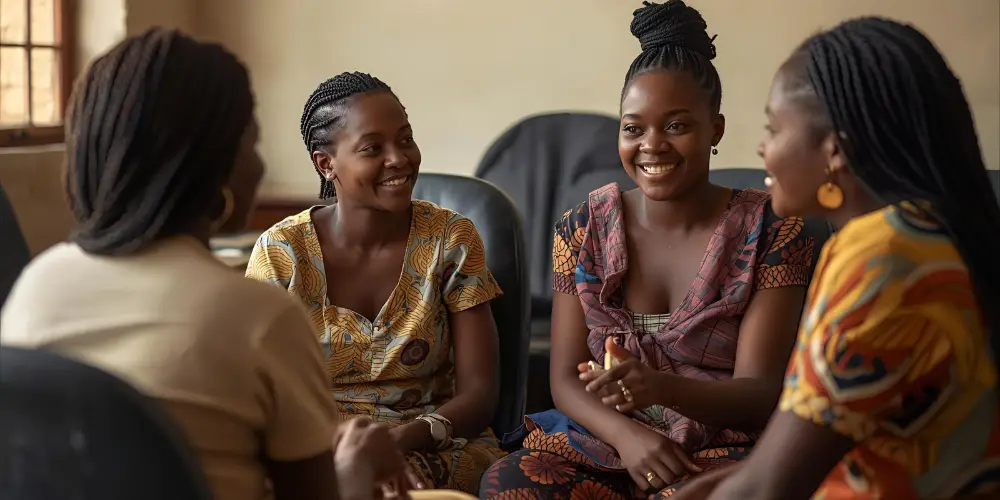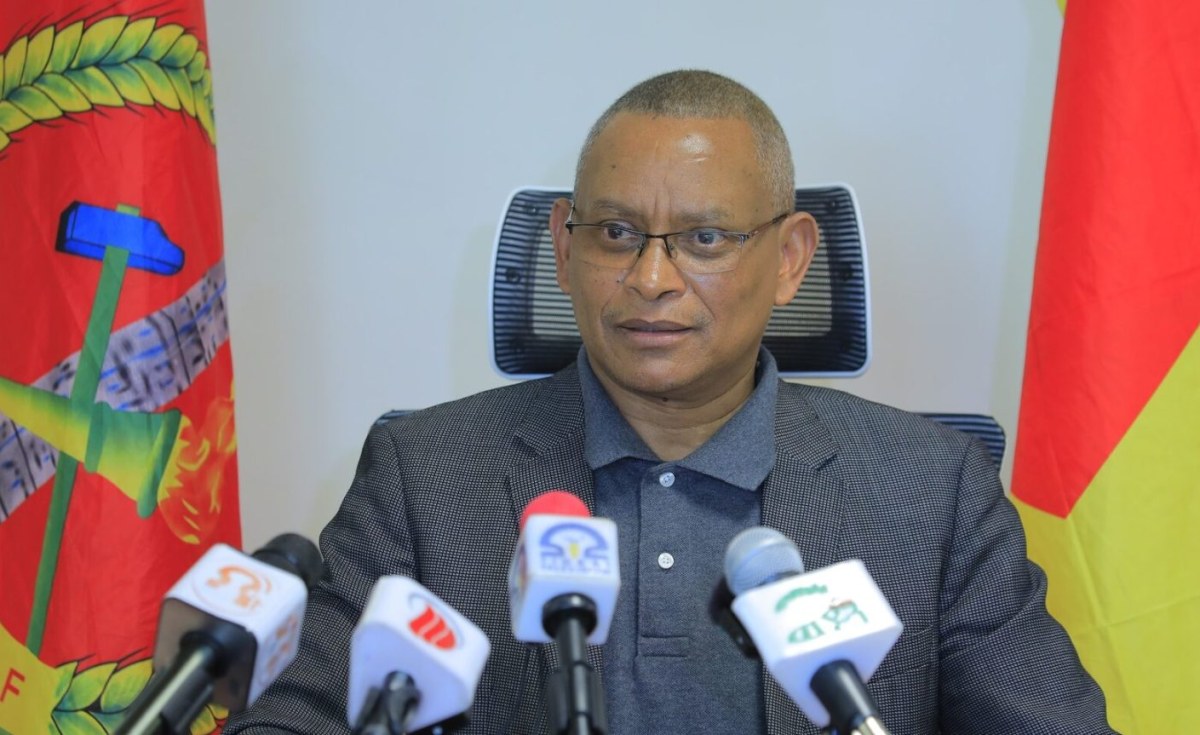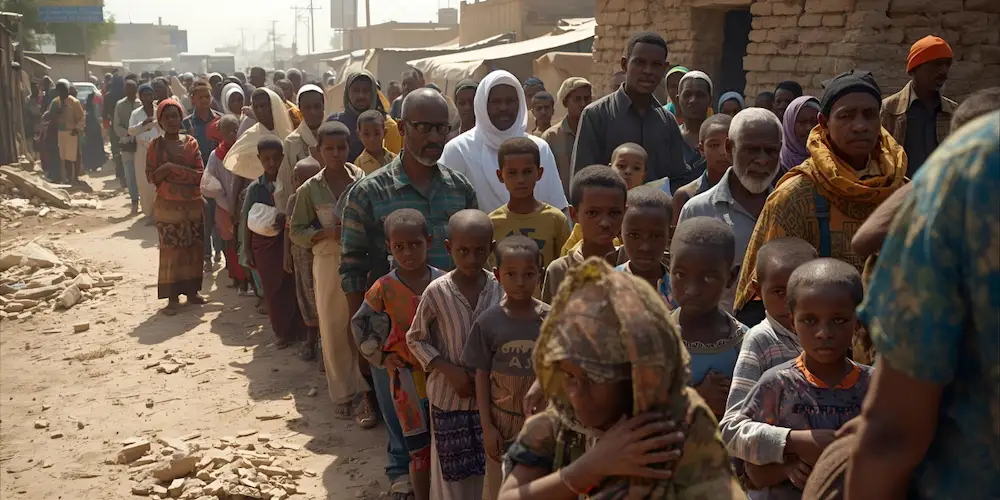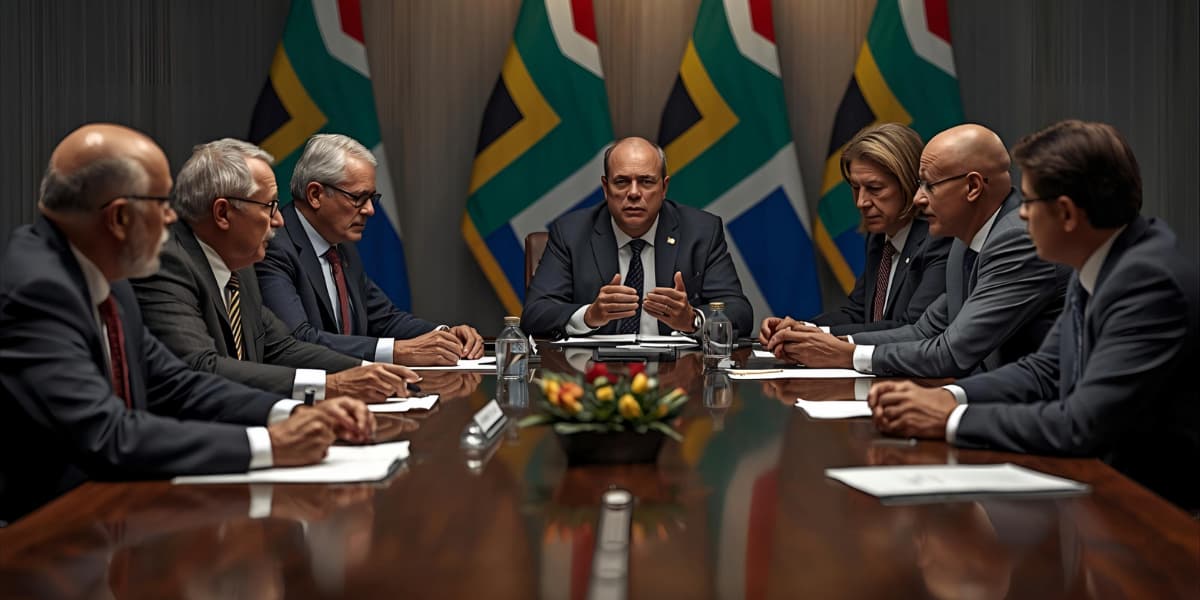Gender Equality in Ghana’s Democracy: Challenges and Progress
Introduction
Ghana has made significant strides in establishing democratic institutions and promoting gender equality. However, challenges persist in achieving true gender equity, particularly in political representation and participation. This article explores the current state of gender equality in Ghana’s democracy, examining the obstacles women face and the progress made towards overcoming them.
Political Representation: A Persistent Challenge
Despite legislative efforts, women’s representation in Ghana’s parliament remains low. As of 2024, women hold less than 15% of the 275 seats, a figure that has seen only marginal improvement over the years. This underrepresentation reflects deeper societal attitudes towards women’s leadership and decision-making capabilities.
For more detailed statistics on women’s representation in Ghana’s parliament, refer to the Inter-Parliamentary Union’s data.
Barriers to Participation
Several factors hinder women’s active participation in Ghana’s political landscape. These include limited financial resources, lack of mentorship, and entrenched patriarchal norms. Such barriers not only restrict women’s involvement but also perpetuate gender disparities in governance.
Affirmative Action: A Step Towards Equity
In July 2024, Ghana’s parliament passed the Affirmative Action Gender Bill, aiming to increase women’s participation in governance and decision-making to at least 30% by 2030. While this legislation marks a significant step towards gender equity, its successful implementation will require sustained commitment and resources.
For more information on the Affirmative Action Gender Bill, visit the Reuters article.
Social and Economic Empowerment
Political participation is closely linked to broader social and economic empowerment. When women are included in decision-making, policies better reflect the needs of communities, promoting equitable access to education, healthcare, and economic opportunities. This integration fosters societal resilience and inclusive growth.
Role of Civil Society and Advocacy Groups
Civil society organizations and advocacy groups play a crucial role in advancing gender equality in Ghana. They monitor policy implementation, provide support to aspiring women leaders, and raise awareness about gender disparities. Their efforts complement governmental initiatives, ensuring that reforms translate into measurable outcomes.
Cultural Norms and Gender Inequality
Deep-rooted cultural norms continue to perpetuate gender inequality in Ghana. These norms often place women in subordinate roles, limiting their opportunities for leadership and decision-making. Addressing these cultural barriers is essential for achieving true gender equality.
International Frameworks and Best Practices
Global norms and international frameworks provide guidance for promoting gender equality. Instruments such as the Convention on the Elimination of All Forms of Discrimination Against Women (CEDAW) and the United Nations Sustainable Development Goals set benchmarks for participation, representation, and empowerment. Learning from best practices in other countries enables Ghana to adopt strategies that have proven effective elsewhere.
Education and Capacity Building for Women Leaders
Investing in education and capacity building is vital for empowering women leaders. Training programs, mentorship initiatives, and workshops equip women with the skills necessary to navigate political systems effectively. By enhancing knowledge, confidence, and strategic thinking, these initiatives help women overcome barriers and excel in governance roles.
Monitoring Progress and Ensuring Accountability
Robust monitoring and accountability frameworks are essential for the success of gender equality policies. Transparent systems help identify gaps, prevent tokenism, and ensure that reforms are meaningful and measurable. Regular assessments allow policymakers and advocacy groups to adjust strategies, address challenges, and reinforce positive outcomes.
Future Directions for Gender Equality in Ghana
Looking ahead, Ghana aims to expand initiatives that combine policy, education, and advocacy to achieve sustainable gender equality. Strategic partnerships with local and international organizations enhance resources, share expertise, and amplify impact. Efforts include increasing women’s political representation, promoting inclusive decision-making, and strengthening community engagement.
Conclusion
Achieving gender equality in Ghana’s democracy requires more than performative policies. By combining legislative reforms, advocacy, education, and accountability mechanisms, the country can foster meaningful participation of women in politics and society. These efforts not only strengthen democratic processes but also empower communities and promote inclusive development.
For more news on gender equality in Ghana, click here.




